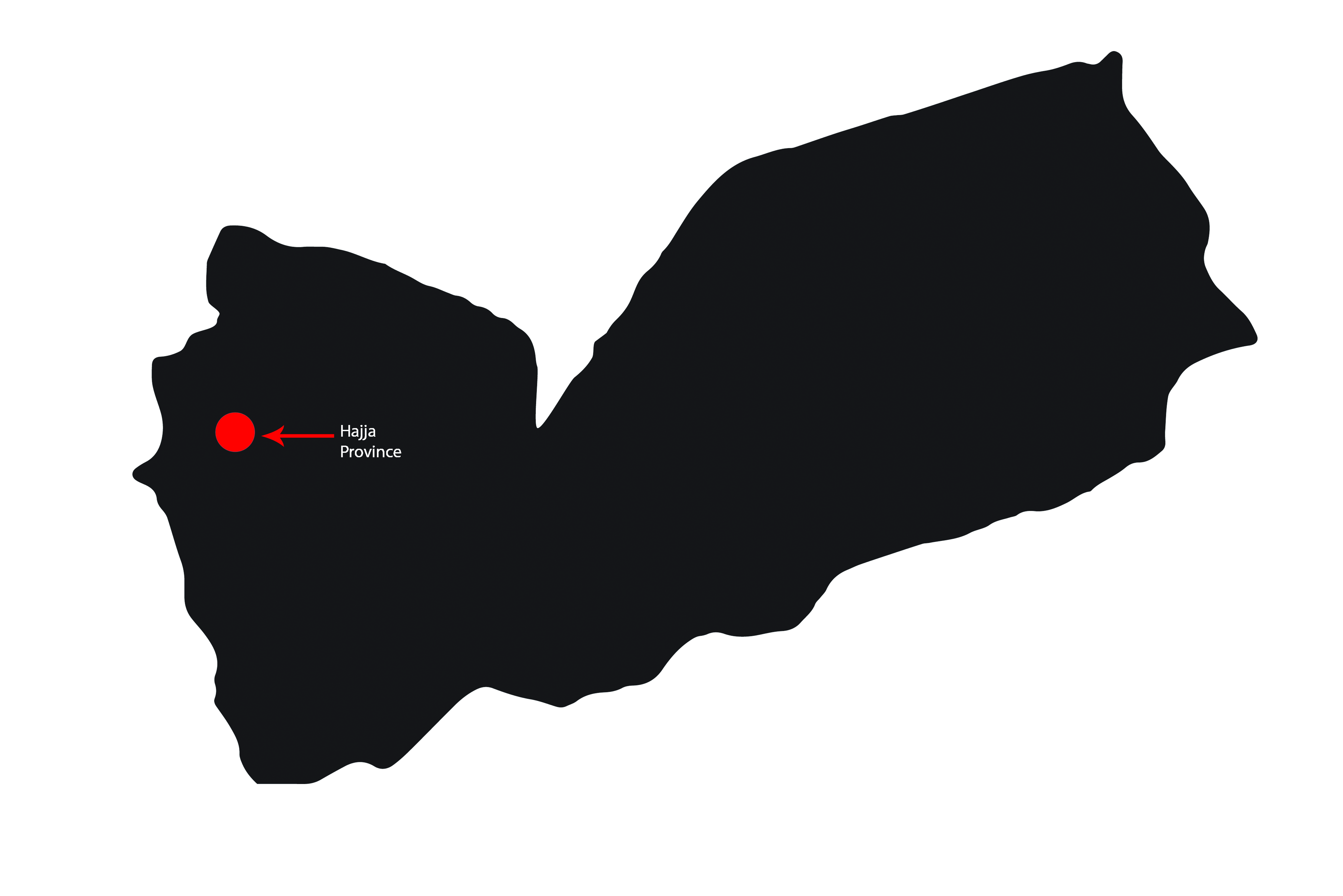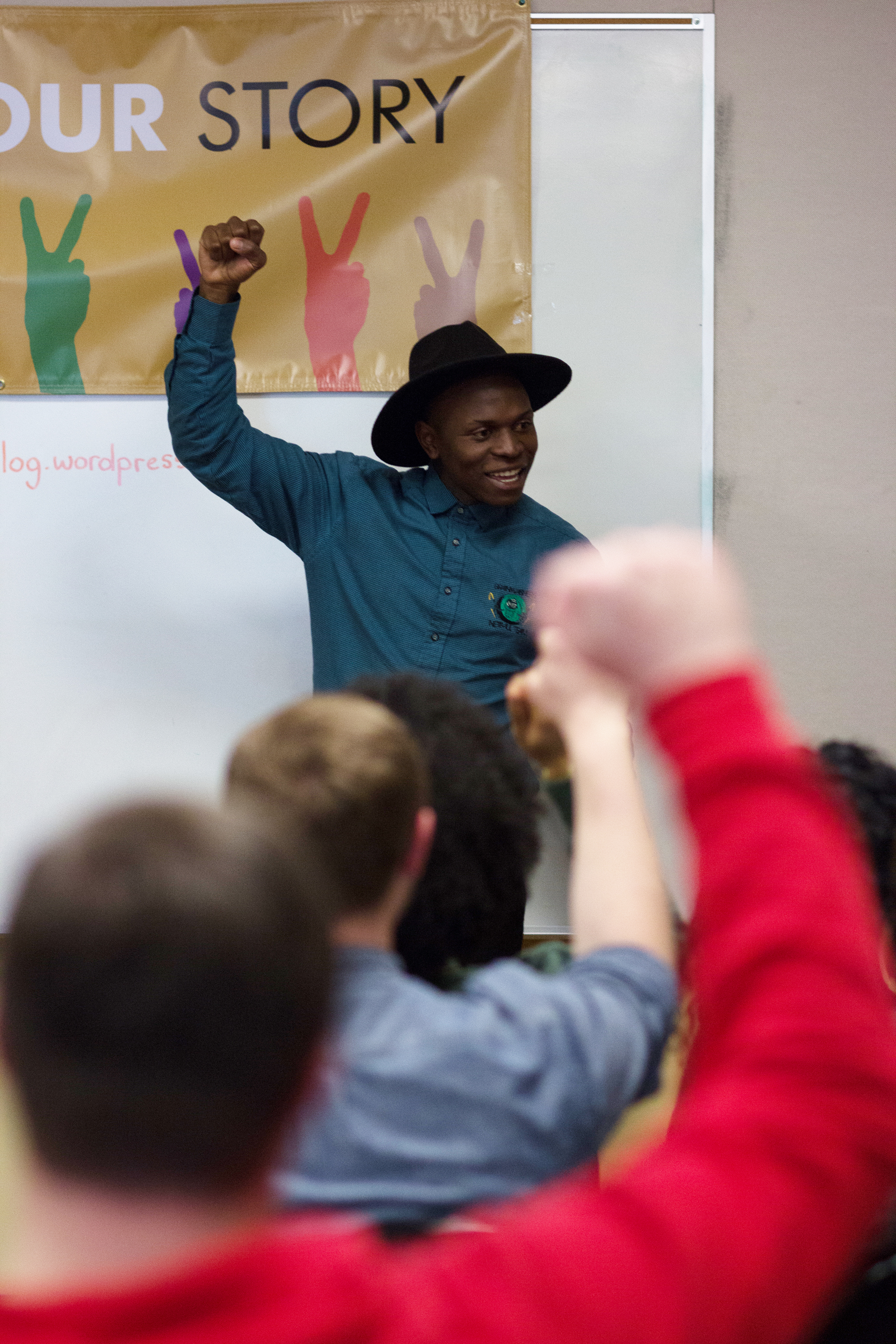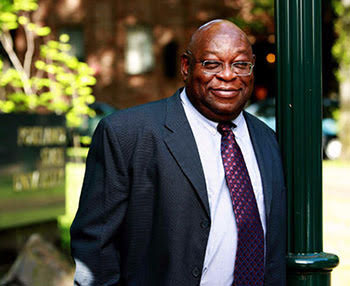On Tuesday, April 12, the Portland State Sociology Club will screen the documentary A Bold Peace from 4 p.m. to 7 p.m. in Smith Memorial Student Union, room 101. The newly completed film describes the events leading up to Costa Rica’s decision to dismantle their military in 1948, the ensuing civil war and how the country has fared since then.
Rachael Anderson is a board member of the Sociology Club, and she hopes the film will prompt meaningful discussion and an atmosphere of community.
“We brought this film to campus because it provides information and insight into some of the things many of us are already learning about, in the classroom and in greater political discourse,” Anderson said.
The Sociology Club discovered the film when one of the board members met the director, Michael Dreiling, at a conference last year and was intrigued by a promotion of the film. They were also impressed to learn the film was the result of a successful Kickstarter campaign.
“We think this film sounds fascinating and are confident that it will aid in generating active critical discussion on demilitarization, an important sociological issue,” Anderson said.
She is also glad that the event will benefit from the added insight of Dreiling, who will attend and answer questions after the film.
Dreiling said the film is an argument for reduced investment in militaries, rooted in social science that claims that countries that spend a lot on militaries are less happy, have more internal violence and strife, and are generally less equal.
Dreiling recalled President Eisenhower’s warning of a military-industrial complex as the greatest threat to our eternal democracy in his farewell address prior to leaving office in 1961.
“It’s not common to hear people in the United States talk about, or even consider as possible, the idea of reducing military investment to meet other social objectives,” Dreiling said. “We think that the needs of this country, and the needs of the world, are so pressing that they demand a different way of thinking about security.”
According to Dreiling, security actually comes from investing in infrastructure, education, addressing climate change, food distribution networks and the welfare of the next generation, not military power. And right now the U.S. spends more on military than any other country in the world.
“[The film] is a call to reflect,” Dreiling said, “a call to think about our priorities as a nation, as much as it is a serious historical investigation into how Costa Rica came to such a bold decision.”
After three generations of demilitarization, Dreiling said that Costa Ricans are still committed to this model because they see that the costs of war and having a military undermine the benefits they see in their democracy, which is one of the most stable and safest democracies in Latin America.
Instead of relying on a military for security, Costa Rica defends itself with a citizen militia and relies on international treaties and law. They’ve been invaded three times since 1948, and each time have resolved the matter without going to war. They’ve had to trust in the rule of international law.
While some might argue that the United States has too many enemies to disarm itself, Dreiling feels this threat is exaggerated.
“Our fear of terrorism is out of proportion to the actual costs of terrorism in terms of real deaths,” Dreiling said. “We have a paranoia that is always associated with the powerful, and it’s a paranoia that keeps a certain set of blinders in front of us that keep us from looking at other costs and other risks to our well-being.”
Dreiling doesn’t think the U.S. will ever fully demilitarize, but he wants us to ask what it would look like if we cut the military budget by a quarter. He asks what we could do as a country with $200 billion.
“This is not about the United States emulating Costa Rica. It’s about rethinking priorities,” Dreiling said.
This film event is free, and all students with an interest are encouraged and welcome to attend.






